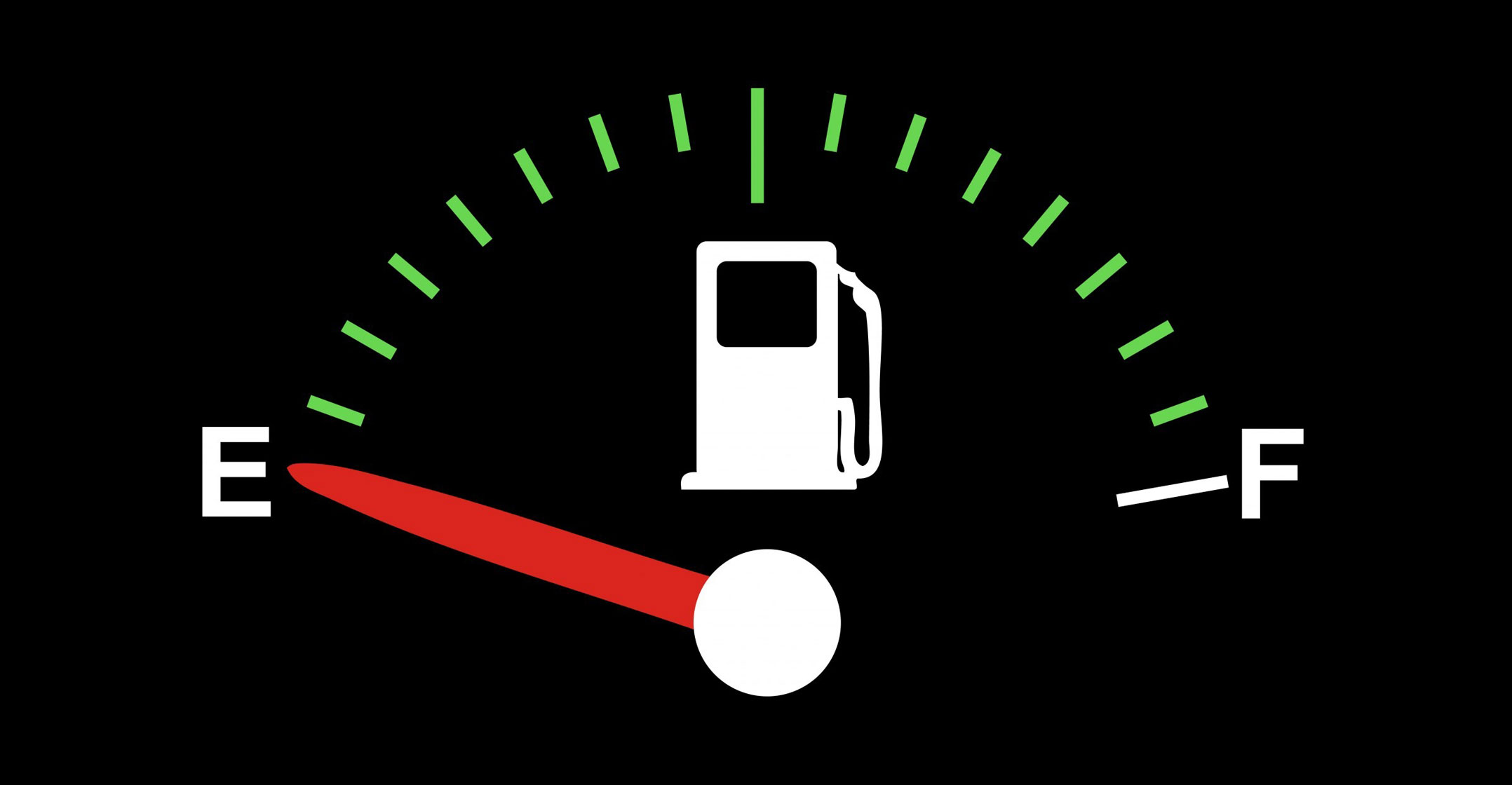 Government is extending a cut in the general fuel levy until early August to help shield consumers from high domestic fuel prices linked to the Russia-Ukraine conflict.
Government is extending a cut in the general fuel levy until early August to help shield consumers from high domestic fuel prices linked to the Russia-Ukraine conflict.
Government cut the general fuel levy by R1.50/l on 6 April. This special dispensation was set to end on 31 May. However, with oil prices continuing to soar, the reduction in the fuel levy will continue — but with caveats.
The R1.50/l reduction will be in place for only the first month — until 6 July — whereafter it will be halved to 75c/l until 2 August. The temporary relief will then be withdrawn entirely on 3 August.
“The minister of finance [Enoch Godongwana] has today submitted a letter to the speaker of the national assembly, requesting the tabling of a two-month proposal for the extension of the reduction in the general fuel levy,” national treasury said in a joint statement with the department of mineral resources & energy.
“The revenue foregone from the extension of the relief is estimated at R4.5-billion. Unlike the previous announcement, this proposal is expected to have an impact on the fiscal framework as it will not be fully funded through a sale of strategic oil stocks,” the statement said.
“Government remains committed to the fiscal framework outlined in the budget 2022. The proposed temporary reduction in the fuel levy will be accommodated in the current fiscal framework in a manner that is consistent with the fiscal strategy outlined in the budget.”
Despite these measures, the weak rand and soaring international oil prices mean that from Wednesday, fuel prices will still spike higher — but by less than the nearly R4/l increase that had been on the cards. The prices from 1 June are:
- Petrol 93 octane: R2.43/l increase
- Petrol 95 octane: R2.33/l increase
- Diesel (0.05% sulphur): R1.10l increase
- Diesel (0.005% sulphur): R1.07/l increase
In other measures aimed at reducing the impact of soaring fuel prices:
- The energy department will from 1 June remove the demand-side management levy of 10c/l that has been applied to inland 95 unleaded petrol.
- It is proposed that the basic fuel price be decreased by 3c/l in the coming months.
- Government intends to continue with consultations to remove the price cap on 93 unleaded petrol, which will partially deregulate the market and introduce more competition aimed at lowering pump prices.
- A review on the regulatory accounting system (which includes the retail margin, wholesale margin, and secondary storage and distribution margins) will be completed soon by the department of energy to assess the potential to lower margins over the medium term. — (c) 2022 NewsCentral Media, with additional reporting (c) 2022 Reuters




